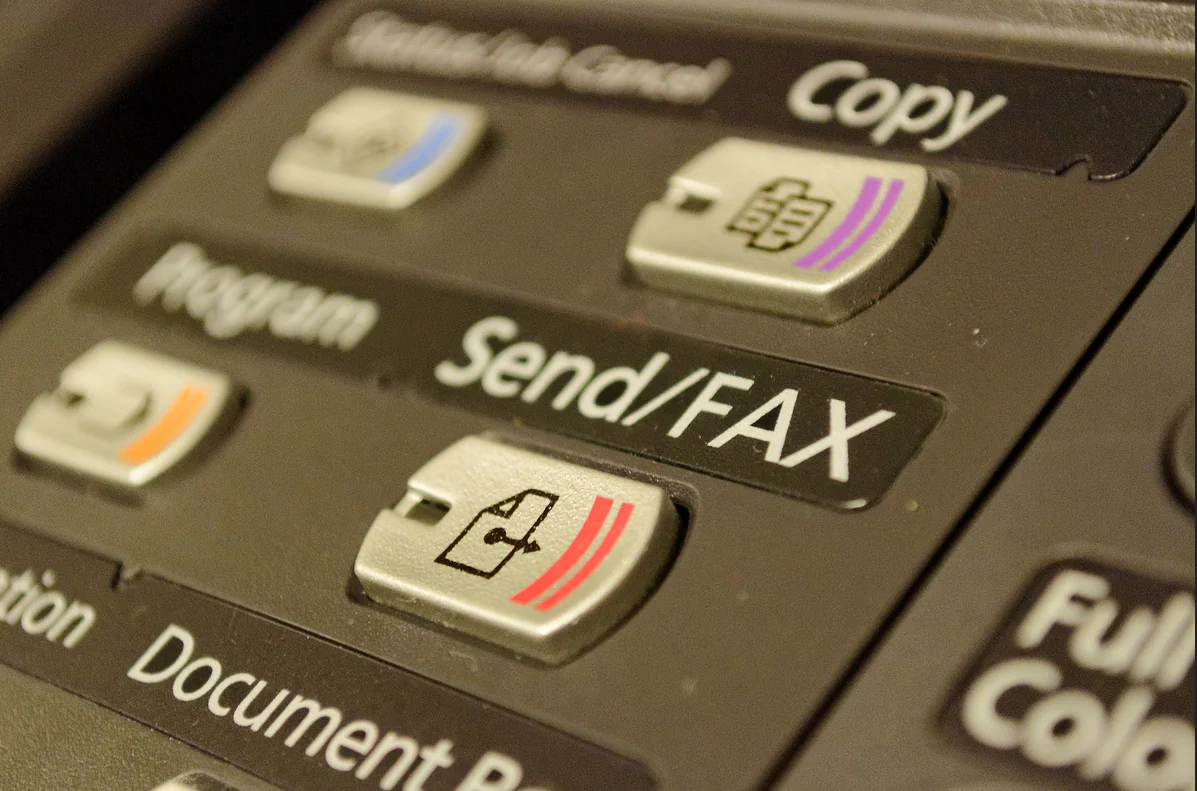
What is an e-Fax — and When Might You Need to Send One?
It’s no secret that digital communication has tremendously changed how we communicate. Because of these transformations, we have had to innovate and move away from traditional information transmission methods. One information transmission innovation that has gained prominence is electronic faxing, commonly known as e-Fax.
In this comprehensive guide, we’ll delve into the intricacies of e-Fax, exploring what it is, how it works, and the scenarios in which it becomes an invaluable tool for businesses and individuals alike.
Understanding e-Fax
Electronic fax, or e-Fax, is a modern iteration of the conventional fax machine. Unlike its physical counterpart, e-Fax operates in the online sphere, harnessing the capabilities of the internet to transmit documents seamlessly.
Because e-faxing eliminates the need for traditional fax machines, paper, and phone lines, it makes the entire process more efficient and environmentally friendly.
How e-Fax Works
Before delving into the technicalities of e-fax transmission, the e-fax process starts with document conversion.
Document Conversion
When a user sends a document through e-Fax, the first step is converting the document into a digital format, typically a PDF or TIFF file, to ensure you can easily transmit the document over the internet.
Internet Transmission
You then send the transformed document electronically to the recipient’s e-Fax service or email address. This process relies on secure protocols, such as SSL/TLS, to safeguard the confidentiality of the transmitted data.
Reception and Conversion
On the recipient’s end, the e-Fax service reconverts the digital document into a readable format. This process safeguards the document’s integrity during transmission.
When Might You Need to Send an e-fax?
Here are various instances when you might need to send an e-fax
Healthcare Documents
E-faxing might be useful when you need a secure way to transmit sensitive documents such as patient records and prescriptions. E-fax expedites communication and addresses the stringent standards set by healthcare regulations.
An exemplary solution in this regard is the HIPAA-compliant eFax, which goes above and beyond to ensure the secure transmission of medical documents. Unlike traditional faxing methods, eFax introduces an additional layer of security through robust encryption protocols that seamlessly meet HIPAA requirements.
Legal and Compliance Documents
Legal experts who often handle sensitive and confidential documents need a secure way to transmit the information to involved parties. Digital faxing ensures the safe transmission of legal documents, like contracts and court filings.
Because e-faxing uses encryption and authentication protocols, it guarantees that the information remains confidential during its journey. This aligns with the legal profession’s strict privacy and confidentiality standards and introduces a level of efficiency that traditional methods struggle to match.
With e-fax, legal practitioners can send and receive critical documents promptly and contribute to the smooth functioning of legal processes while upholding the highest security standards.
Remote Work and Collaboration
As remote work becomes increasingly prevalent, e-faxing is emerging as a vital tool that fosters collaboration among team members. This digital faxing solution allows seamless document exchange, eliminates geographical barriers, and enhances communication efficiency.
In the virtual workspace, e-Fax is a bridge for promptly sharing essential documents. Whether it’s collaborating on project proposals, sharing reports, or collectively working on drafts, e-Fax streamlines the entire communication process.
Team members can easily send and receive important files to ensure everyone stays on the same page, even when working from different corners of the world.
Real Estate Transactions
Real estate transactions involve numerous documents, from contracts to property deeds. Traditional methods of transmitting these documents are often time-consuming, but e-Fax brings efficiency to the forefront.
By allowing the swift and secure transmission of essential paperwork, such as sales agreements, closing disclosure, and other legal documents, e-Fax significantly expedites the entire real estate buying or selling process.
Real estate professionals and clients can seamlessly exchange documents and promptly handle the necessary paperwork without the delays often associated with traditional information transmission methods.
Conclusion
As the digital landscape continues to evolve, e-faxing will continue being a testament to our ability to embrace technology that meets our needs and aligns with the values of a forward-thinking society.



